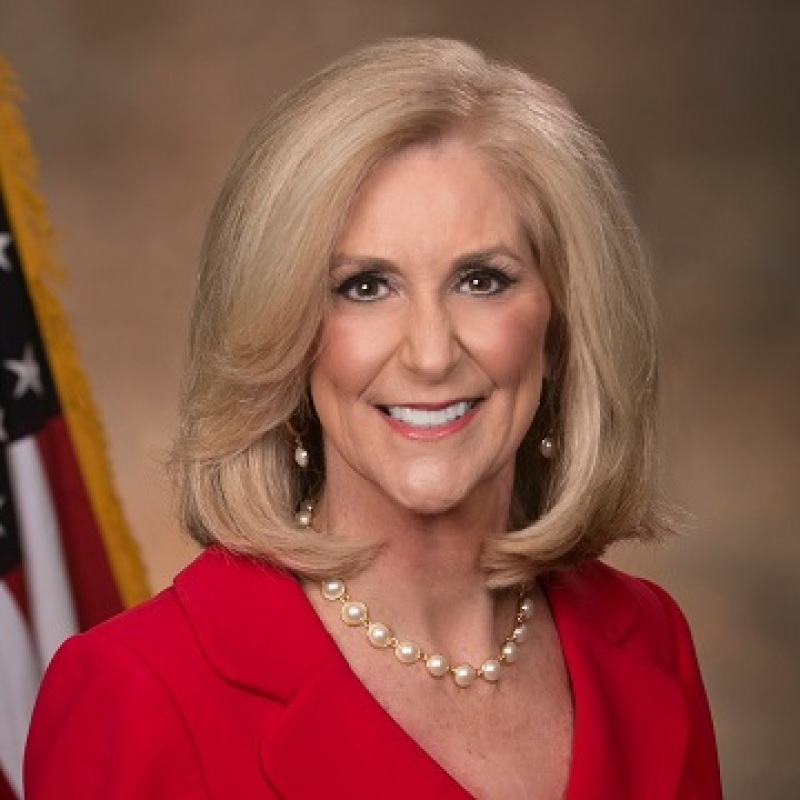
The state of Mississippi asked the United States Supreme Court last Thursday to overturn the "egregiously wrong" Roe v. Wade.
According to the Christian Headlines, the state of Mississippi through its Attorney General Lynn Fitch has sent a 49-page brief to the U.S. Supreme Court that pointed out the Roe v. Wade 1973 ruling along with the Casey v. Planned Parenthood 1992 ruling that upheld the former were "egregiously wrong."
The Supreme Court last May decided that it will determine if states can ban abortions for women in their 15 week of pregnancy, putting as test case that of Mississippi's law that was signed by former Governor Phil Bryant. A lawsuit was filed against the state of Mississippi, Dobbs v. Jackson Women's Health Organization, for enacting the said law.
Fitch, a Republican, pointed out in the brief that determining the constitutionality of banning such abortions have only become difficult because of Roe v. Wade and Casey v. Planned Parenthood.
"On a sound understanding of the Constitution, the answer to the question presented in this case is clear, and the path to that answer is straight. Under the Constitution, may a State prohibit elective abortions before viability? Yes. Why? Because nothing in constitutional text, structure, history, or tradition supports a right to abortion," Fitch said.
"Under those cases, a state law restricting abortion may not pose an 'undue burden' on obtaining an abortion before viability," she pointed out.
"Roe and Casey are thus at odds with the straightforward, constitutionally grounded answer to the question presented," she added. "So the question becomes whether this Court should overrule those decisions. It should. The stare decisis case for overruling Roe and Casey is overwhelming."
In addition, Fitch highlighted that abortion is "fundamentally different" from the rights endorsed by the Supreme Court since it involves the "purposeful termination of life" that "no other right involves." She also stressed that so much have changed since 1973 especially in line with scientific advancement that really show that an unborn child is human even "before viability." She said such changes must be acted upon by states.
Fitch said in Facebook last Friday that the Supreme Court thought in 1973 that it has settled the "abortion debate" through its decision in Roe v. Wade, but its decision on the "abortion policy has been unsettled ever since."
Fitch's arguments actually echo what fellow Republican Arkansas Senator Tom Cotton said early this month that America is better off without Roe v. Wade. In an interview with Daily Caller News Foundation, Cotton commented on Mississippi's Dobbs vs. Jackson Women's Health Organization case as one wherein the state has the authority "to adopt reasonable regulations on a practice like abortion to protect the unborn life of the baby."
He highlighted that states have the power to "take their own course" depending on the needs of their constituents.
"Until 1973 states were making changes to their abortion laws, some states were liberalizing their laws, some states weren't. Without Roe v. Wade, once again states would have the power to take their own course," Cotton disclosed during the interview.
While Republicans push the dispensableness of Roe v. Wade, Democrats find the Supreme Court's decision to determine the constitutionality of the Mississippi case a threat and a betrayal of "fundamental constitutional principles." The Democrats were so threatened by it they warned to push for the supreme court's packing if Roe v. Wade is overturned because of the Mississippi case's upcoming ruling in the fall.
Connecticut Senator Richard Blumenthal, who is said to be primarily leading the court packing among Democrats, said, "It will inevitably fuel and drive an effort to expand the Supreme Court if this activist majority betrays fundamental constitutional principles. It's already driving that movement."























